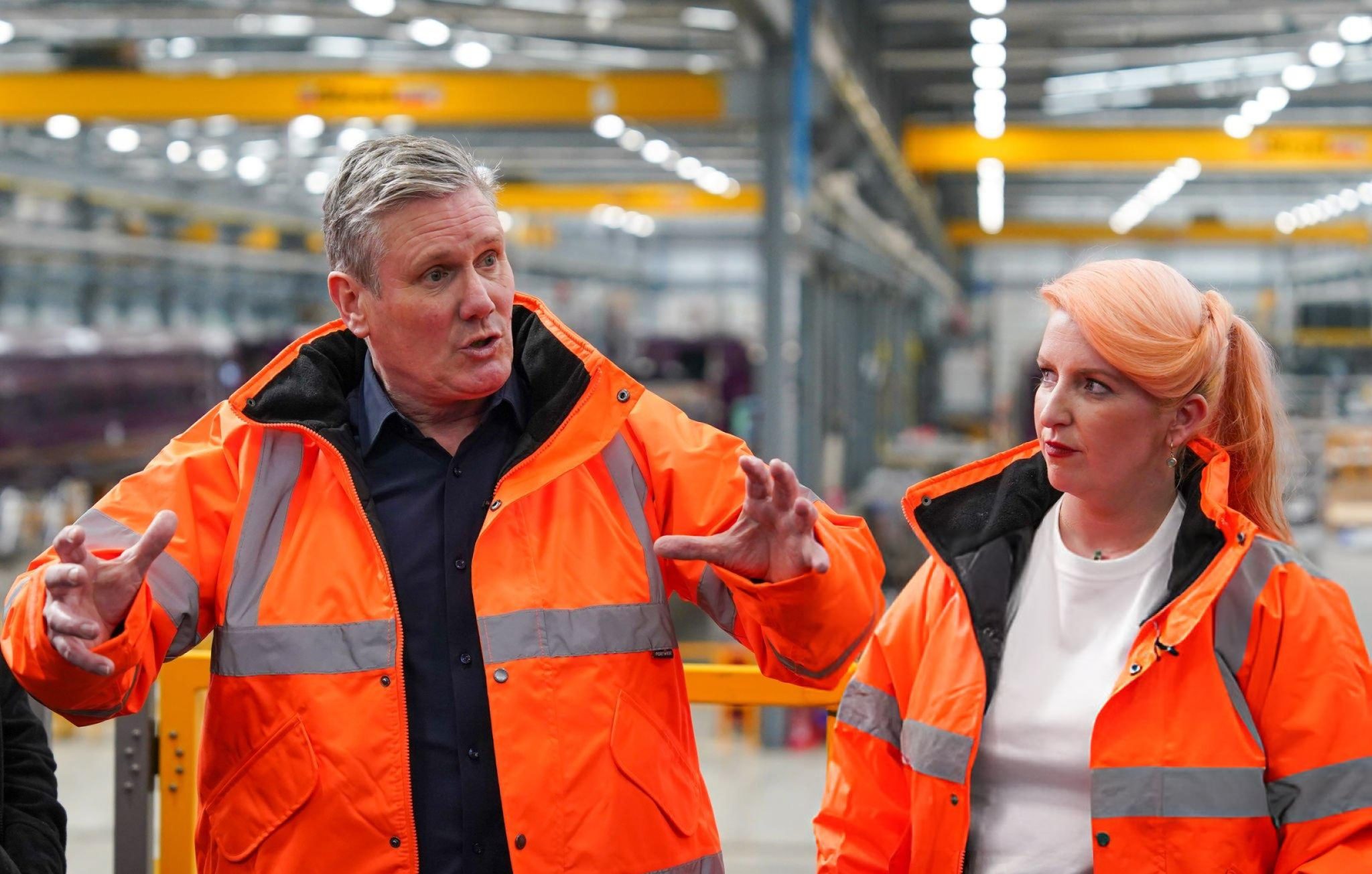Calls mount for wealth tax as party reels from Reform UK’s election gains
Louise Haigh has warned that Labour’s “unpopular decisions are overshadowing the good ones” as she urged the Government to consider a tax on the wealthy to ease pressure on those least able to afford further cuts. The former transport secretary, who stepped down from the Cabinet in November, said voters were growing disillusioned with the party following Reform UK’s significant local election gains.
In a pointed intervention, Ms Haigh said that welfare reforms and the decision to scrap universal winter fuel payments had alienated core Labour voters, calling the policies “totemic” in their symbolism. Speaking on BBC Newsnight, she said: “I don’t think we can underestimate how catastrophic those results were last week for the Labour Party. People don’t feel we’re taking real action on the cost of living, the state of public services or the broader economy.”
Her comments follow a bruising set of local elections for both Labour and the Conservatives. Reform UK picked up 10 councils and more than 600 seats across the country. The party’s leader, Nigel Farage, celebrated the results as a death knell for traditional two-party politics, buoyed further by his party’s victory in the Runcorn and Helsby by-election.
Prime Minister Sir Keir Starmer admitted the results were “disappointing” and accepted that his administration needed to do more to explain its policy decisions. However, his press secretary insisted the Government would not be “blown off course” by the electoral backlash.
But within Labour ranks, there is growing concern that the party is drifting away from its base. Ms Haigh called on the Prime Minister to rethink his approach, advocating for alternative fiscal solutions such as a wealth tax, reforming outdated council tax bands, or introducing a land tax.
“We just cannot continue down this path that means, as I say, we keep coming and raiding those people that can least afford it,” she said. “There are other options on the table… we need to properly explore them if we are serious about restoring trust.”
Her remarks echo similar calls from senior party figures. Welsh First Minister Baroness Eluned Morgan described the decision to means-test winter fuel payments as “something that comes up time and again,” and pressed for a Government rethink.
Introduced last July, the policy now restricts winter fuel payments to pensioners on the lowest incomes, removing eligibility from more than nine million people and saving an estimated £1.5 billion annually. Critics argue it disproportionately affects older voters who are struggling with rising energy bills.
The Guardian reported that while a full return to universal eligibility was unlikely, the Government was considering raising the current £11,500 threshold. However, this has been dismissed by the Prime Minister, citing the link between the benefit and pension credit eligibility.
Cabinet ministers admitted that the decision to cut the winter fuel allowance may have harmed the party at the polls. Business Secretary Jonathan Reynolds told PA Media: “I think that has been a feature. The Prime Minister himself has said that, and we’re not sugar-coating those results — they’re very challenging for us.”
Ms Haigh was keen to stress the positive aspects of Labour’s record, including the Employment Rights Bill, a rise in the minimum wage, and increased NHS funding. But she maintained that such achievements were being drowned out by unpopular measures that affect vulnerable communities.
“I think this Labour government has a lot to offer,” she said. “But people have overwhelmingly heard about the winter fuel cuts and welfare reforms, and that’s what’s dominating the narrative.”
With the next general election looming, pressure is mounting on Sir Keir to recalibrate his Government’s policy priorities and win back the confidence of an increasingly sceptical electorate.






